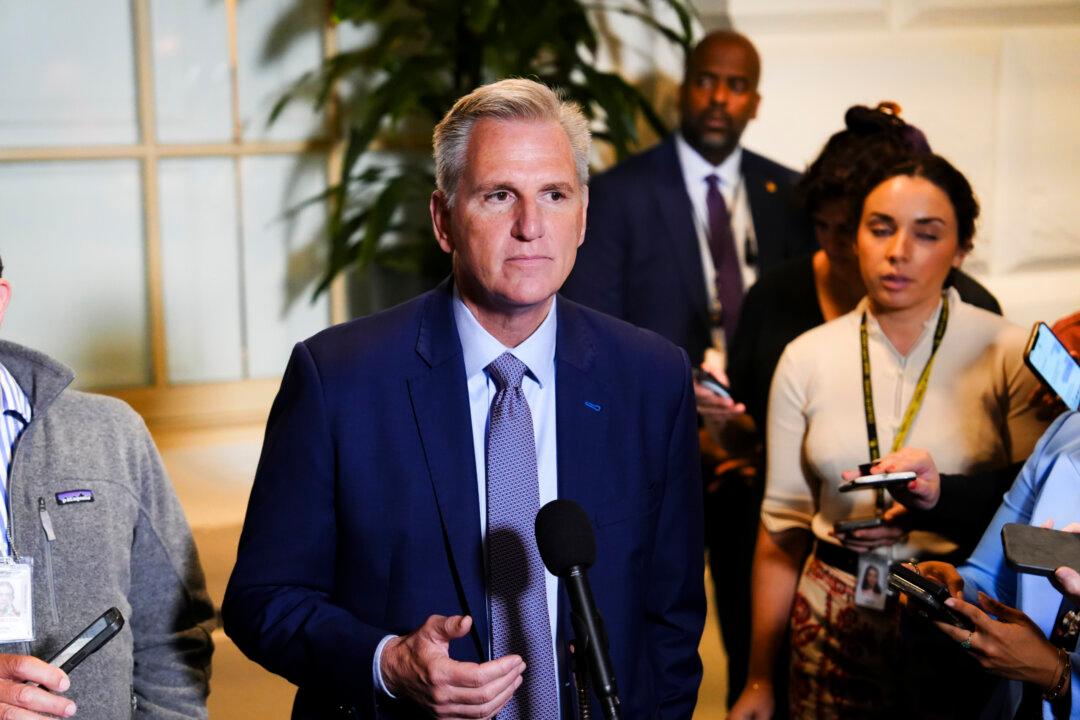House Republicans failed for a second time to pass a procedural vote that would allow consideration of the $826 billion defense appropriations bill by the full chamber.
The Sept. 21 setback comes amid a bitter battle over spending among House Republicans, just nine days ahead of a potential government shutdown.





